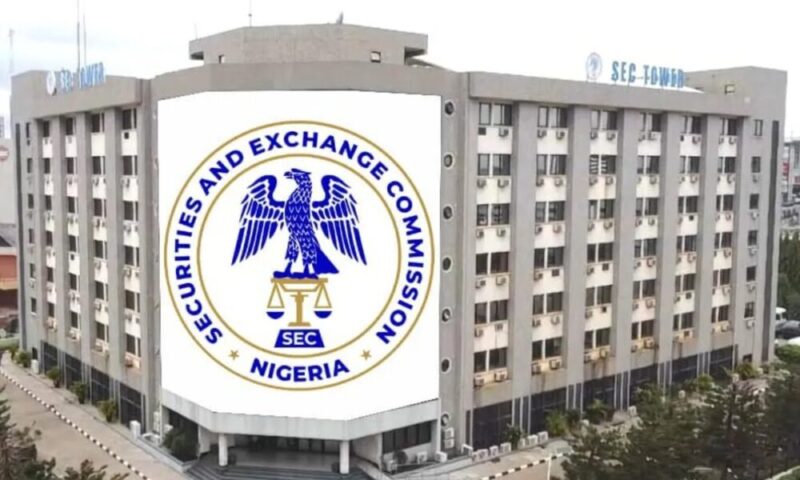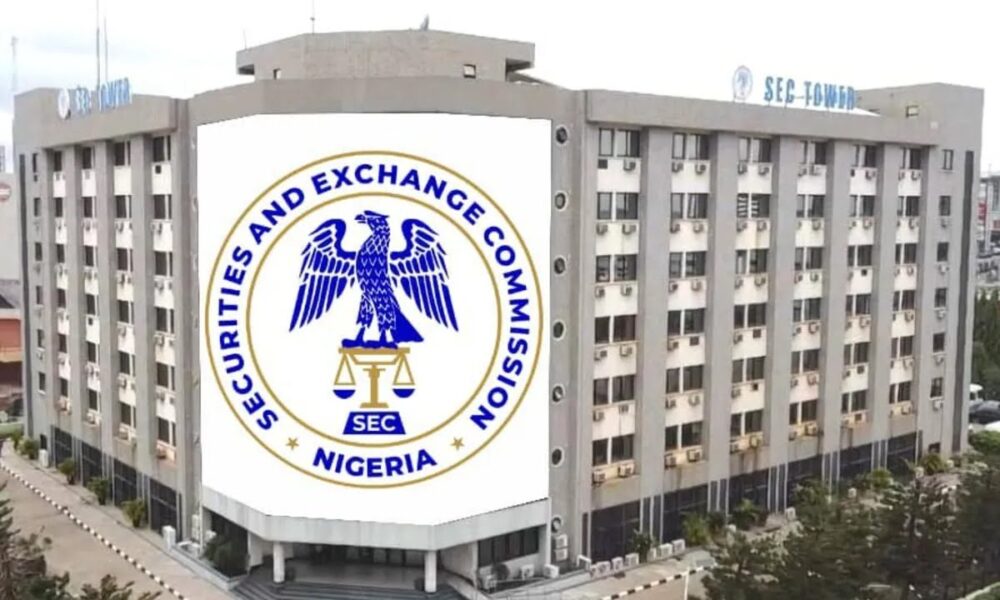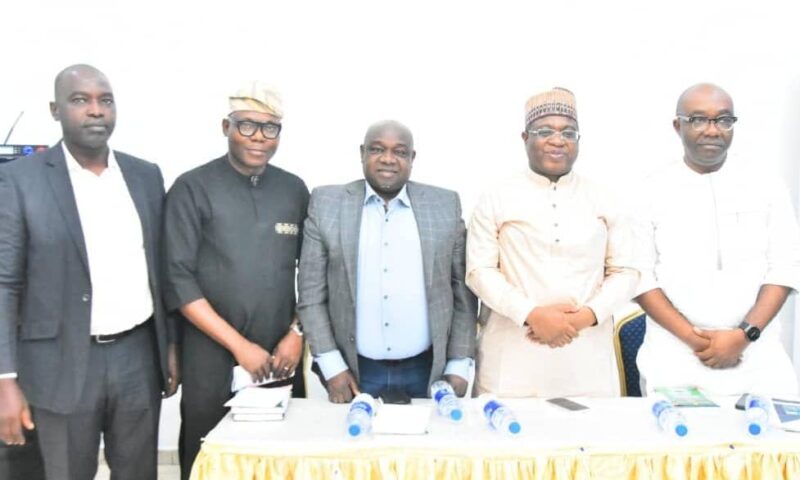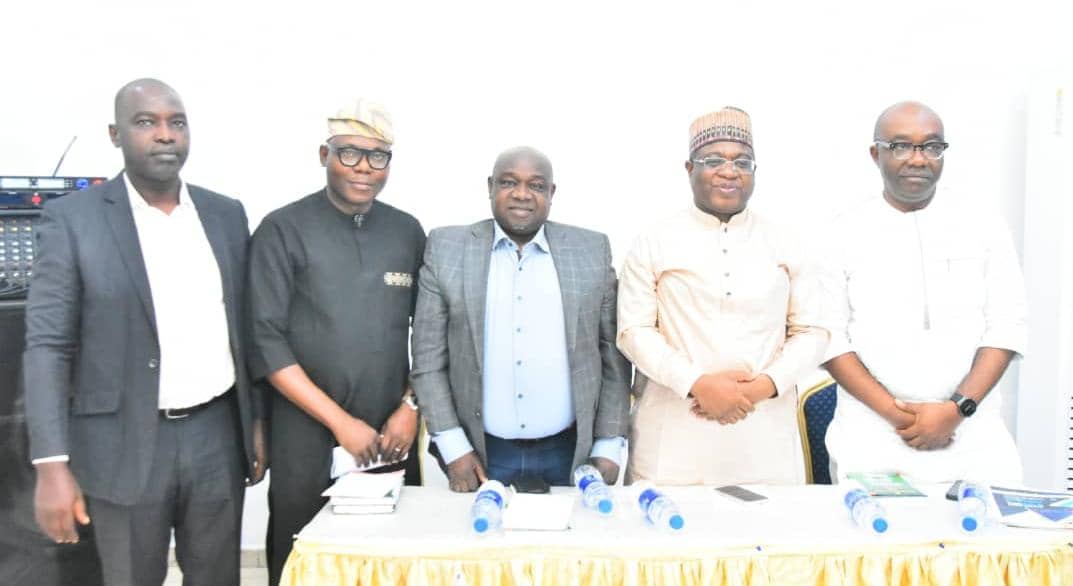Fidelity Bank Advances Sustainable Firefighting Practices With Donation Of Hoses And Water Pumps

Amaka Obiefuna
Fidelity Bank Plc has reinforced its commitment to community safety and sustainable ecological practices through the donation of essential firefighting and preventive equipment including hoses and gasoline water pumps to the Ikoyi Fire Service Station in Lagos.
The donation was made under the Fidelity Helping Hands Program (FHHP) by the True Serve team, reaffirming the Bank’s commitment to the environment and community safety. Through the FHHP, members of staff identify areas of critical community needs, raise funds, and then receive matching monetary support from the bank to execute the projects.
Commenting on the reason behind the donation, Divisional Head, Brand and Communications Division, Fidelity Bank Plc, Dr Meksley Nwagboh, emphasized that the donation reflects the bank’s dedication to strengthening emergency response capabilities and promoting public safety within the communities it serves.
According to him, “Fidelity Bank remains committed to supporting initiatives that contribute to the protection of our environment, lives and property. We see community safety as a shared responsibility and continuously extend support to both corporate bodies and individuals.”
Dr Nwagboh further noted that, “We believe that preventive measures are far more effective than reactionary responses. This donation is part of our efforts to drive sustainable practices by providing the necessary tools. Our goal is to ensure that people live meaningful, safe, and empowered lives.”
In her comments, Lagos State Controller, Federal Fire Service and Controller of Fire (CF), Funke Adebayo commended Fidelity Bank for the timely support, while cautioning residents to exercise heightened vigilance during the festive period, especially with the dry weather conditions.
“We appreciate Fidelity Bank for this timely donation. We are in a harsh weather period where fire incidents can escalate quickly. Parents must educate and caution children against the use of fireworks during celebrations. Fire should never be treated carelessly,” Adebayo said.
She noted that the Fire Service has embarked on sensitization visits to various corporate organizations, warning against unsafe practices that could lead to preventable fire outbreaks.
On his part, Area Commander, Onikan Fire Station and Chief Superintendent of Fire (CSF)Oswere Michael expressed appreciation to Fidelity Bank for supporting their operations. He encouraged families, business owners, and community members to prioritize fire safety at all times.
“Everyone has a role to play in preventing fire incidents at home and in the workplace. This support from Fidelity Bank will go a long way in enhancing our capacity to protect the community,” CSF Oswere added.
Ranked among the best banks in Nigeria, Fidelity Bank Plc is a full-fledged Commercial Deposit Money Bank serving over 9.1 million customers through digital banking channels, its 255 business offices in Nigeria and United Kingdom subsidiary, FidBank UK Limited.
The Bank is a recipient of multiple local and international Awards, including the 2024 Excellence in Digital Transformation & MSME Banking Award by BusinessDay Banks and Financial Institutions (BAFI) Awards; the 2024 Most Innovative Mobile Banking Application award for its Fidelity Mobile App by Global Business Outlook, and the 2024 Most Innovative Investment Banking Service Provider award by Global Brands Magazine. Additionally, the Bank was recognized as the Best Bank for SMEs in Nigeria by the Euromoney Awards for Excellence and as the Export Financing Bank of the Year by the BusinessDay Banks and Financial Institutions (BAFI) Awards.





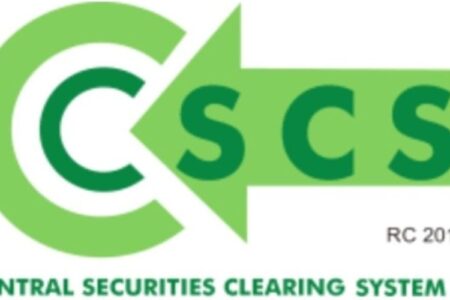
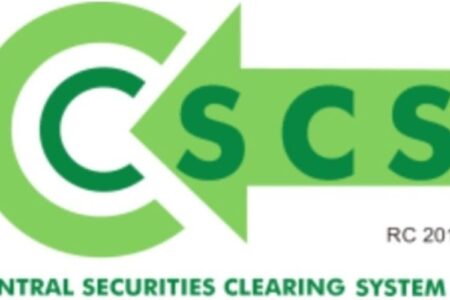

 Amaka Obiefuna
Amaka Obiefuna
